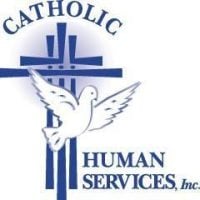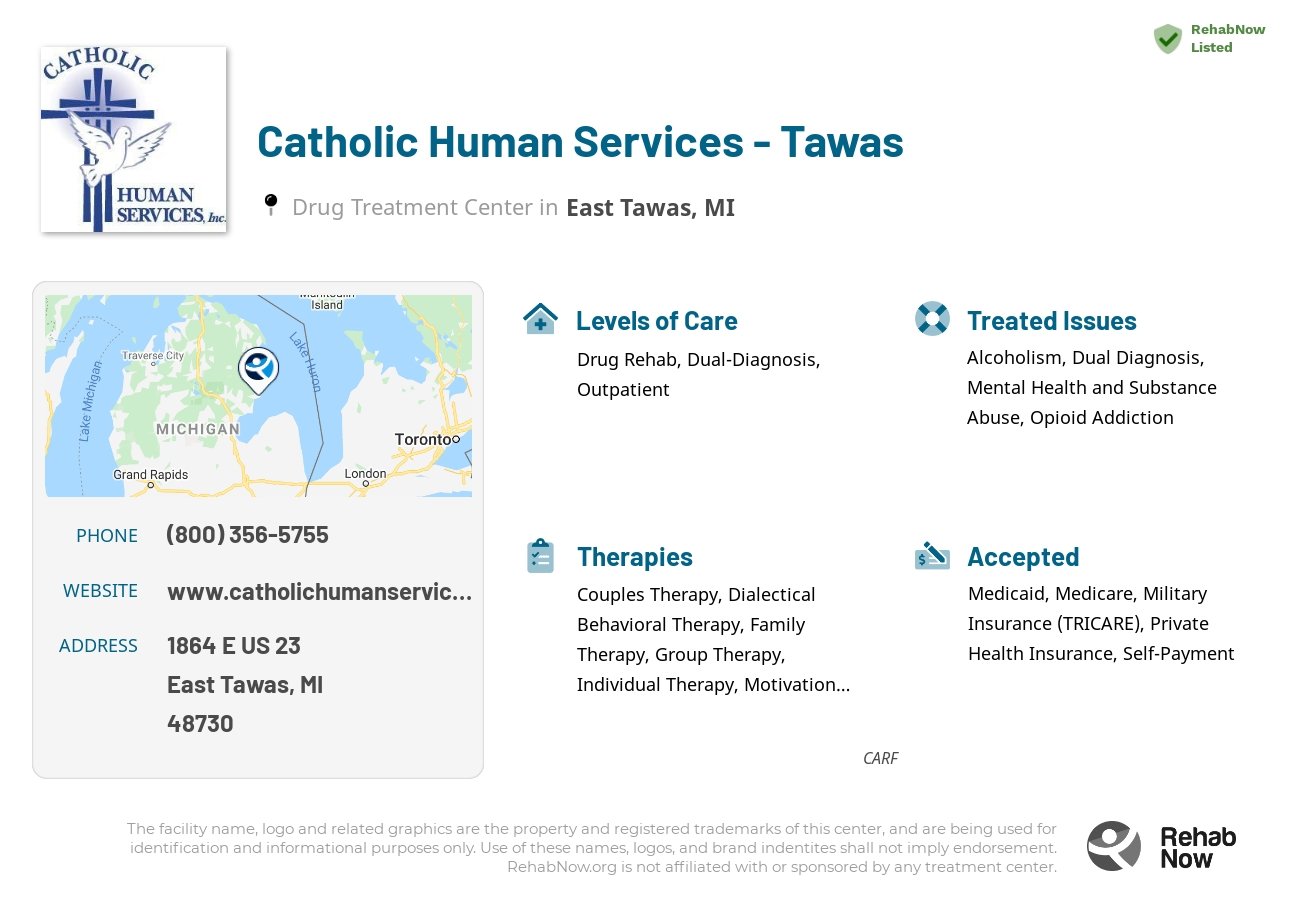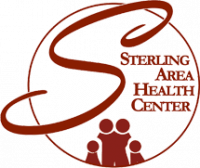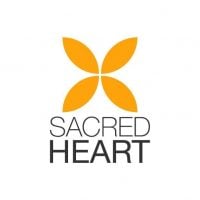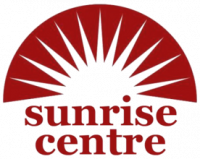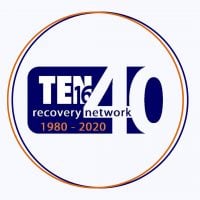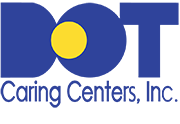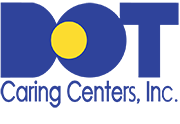Catholic Human Services - Tawas
Drug Rehab Center in East Tawas, Michigan
Catholic Human Services - Tawas is a comprehensive addiction care facility offering individualized care and a full spectrum of addiction treatments, as well as operating an onsite food bank to provide basic necessities to those in need.
Multiple patients have reported Catholic Human Services - Tawas as permanently closed.
Research other rehabs in East Tawas, Michigan, or get help finding an open facility.
About Catholic Human Services - Tawas in Michigan
Catholic Human Services - Tawas in East Tawas, Michigan is a comprehensive addiction care facility with a range of treatments and services. With a team of experienced and caring counselors, this organization provides clients and their families with individualized care, personalized treatment plans and specialized services. Their addiction treatment programs are designed to meet the needs of individuals of all ages and backgrounds, including those struggling with substance abuse, trauma, mental health issues, and more.
Catholic Human Services - Tawas offers a full spectrum of addiction treatments, including individual and group counseling, family therapy, relapse prevention, and care coordination. They believe in the importance of addressing addiction from both a physical and emotional angle, using evidence-based practices to help individuals build a foundation for lasting recovery. Additionally, they provide access to medications, 12-Step programs, and peer-support services to ensure clients get all the assistance they need.
Catholic Human Services - Tawas is licensed by the Michigan Department of Health & Human Services and has a stellar reputation in the community. They have been recognized with numerous awards and accolades, such as the Governor's Excellence in Substance Use Disorder Services Award. In addition to the treatment services they offer, Catholic Human Services - Tawas also operates an onsite food bank, providing those in need with basic necessities, including food, diapers, and toiletries.
Genders
Ages
Modality
Additional
Accreditations

CARF
The Commission on Accreditation of Rehabilitation Facilities (CARF) is a non-profit organization that specifically accredits rehab organizations. Founded in 1966, CARF's, mission is to help service providers like rehab facilities maintain high standards of care.
Conditions and Issues Treated
Many people who struggle with opioid addiction need to attend specific programs like methadone , Suboxone or Vivitrol clinics.
These types of programs will provide the patient with legal, prescription medications that can help them overcome their cravings for illegal opioids like heroin or fentanyl . If the patient has a chronic condition like Hepatitis C, they must undergo treatment before they can begin taking these medications.
Dual Diagnosis is a specific relationship between two or more disorders that have the same symptoms and can sometimes be treated together. This is used in the treatment planning process when dealing with drug addicts. Dual diagnosis can be viewed as a chronic medical condition that has comorbid psychiatric disorders.
Although addiction and a mental illness may have separate symptoms that are not easy to detect, they often go hand in hand. Many times, drug abuse is a direct result of the mental illness. In other words, treating the addiction will not resolve all of your issues. Unless you also treat the underlying mental illness, you will not be successful in achieving sobriety.
Levels of Care Offered
This center offers a variety of custom treatment tailored to individual recovery. Currently available are Drug Rehab, Dual-Diagnosis, Outpatient, with additional therapies available as listed below.
An outpatient treatment program is set up to help with alcohol or drug addiction, or a co-occurring disorder. The patient must attend the Michigan facility for their therapy and other programs but are able to return home each night. The frequency of mandatory attendance decreases after much of Catholic Human Services - Tawas‘s program is complete.
Therapies & Programs
Individual Therapy is a critical component of addiction recovery. Therapists work with patients to identify the root of their addiction and figure out how to better handle the issues that led to them using drugs. Individual Therapy is the one-on-one session where people meet with their therapist. Individual therapy provides a safe space for people to open up and discuss personal and sensitive topics which they may not feel comfortable discussing in a group setting.
Couples therapy at Catholic Human Services - Tawas focuses on addiction treatment for the addict and their spouse. The addict’s family, not just the addict, can benefit from this form of therapy. Couples therapy addresses communication problems, trust issues, lack of intimacy, and abuse in intimate relationships. Couples therapy can help rebuild trust between partners, which increases the chances for successful treatment and sustained recovery.
Intimate relationships can be damaged during addiction, and professional help may be necessary to rebuild the often destroyed trust and love. Couples therapy at Catholic Human Services - Tawas helps couples improve communication and rebuild trust. Either or both partners will be helped by this treatment administered by professionals. This treatment can also help one or both partners if addiction is the problem.
Family therapy will also help families realize that the addiction is not their fault. For many years, people blamed themselves for an addict’s behavior and felt that they had done something wrong. This is not the case. Addiction is a disease, and it can strike anyone, even if their life seems fine from the outside. It can bring a lot of shame to a family when they have an addict in their midst, but if everyone is open and honest with each other, then they can help everyone stay in recovery.
Group Therapy is utilized by drug treatment centers like Catholic Human Services - Tawas to provide the recovering drug addict with a platform to talk about their feelings and experiences. It also provides for an opportunity to learn from other addicts who have successfully overcome their addiction.
Group Therapy is employed in lectures, seminars, or discussion groups (the latter two are typically conducted as “therapy groups”). It is recommended that all group members be recovering addicts for this type of therapy to work (though it does not exclude others with lived experience).
Trauma therapy is a clinical process that helps individuals deal with mental stress often caused by traumatic events. It is generally done for children, teenage victims of sexual assault, and war veterans. The therapist helps the person identify, understand and work through the problem. This is done with the help of talking about it in group or one-on-one counseling sessions. Therapists use relaxation, role-playing, art, and music to help the person open up about what is bothering them.
Dialectical Behavior Therapy (DBT) is used by drug treatment centers across the United States to help drug addicts become sober. DBT combines traditional behavioral treatments with elements from DBT, including dialectics, distress tolerance, and interlocking issues. It is commonly used to treat Borderline Personality Disorder (BPD) along with substance abuse disorders. The four DBT modules are mindfulness, interpersonal effectiveness, emotion regulation, and distress tolerance.
Cognitive behavioral therapy is also a popular service for individuals living with addiction. This type of supportive treatment uses both one-on-one counseling and group sessions to teach addicts how to identify thoughts, behaviors and emotions that might increase their risk of relapse.
These professionals can help addicts develop coping skills for managing stress, improving self-esteem and overcoming triggers. They might also use behavioral therapy to help addicts learn how to avoid cravings and warning signs that could lead them back into addiction.
Therapy can be used as a step-down from inpatient treatment or as the primary method of overcoming an addiction. No matter which option is best for the addict, they will teach important emotional coping techniques, which can make it easier for addicts to get through the tough days.
Payment Options Accepted
For specific insurance or payment methods please contact us.
Is your insurance accepted?
Ask an expert, call (888) 674-0062
Catholic Human Services Associated Centers
Discover treatment facilities under the same provider.
- Catholic Human Services - Traverse City in Traverse City, MI
- Catholic Human Services - Alpena in Alpena, MI
- Catholic Human Services - Gaylord in Gaylord, MI
- Catholic Human Services - Cadillac in Cadillac, MI
- Catholic Human Services - Manistee in Manistee, MI
Learn More About Catholic Human Services Centers
Additional Details
Specifics, location, and helpful extra information.
East Tawas, Michigan 48730 Phone Number(800) 356-5755 Meta DetailsUpdated November 25, 2023
Staff Verified
Catholic Human Services - Tawas Patient Reviews
There are no reviews yet. Be the first one to write one.
East Tawas, Michigan Addiction Information
Michigan has the second-highest rate of drug and alcohol abuse in the nation. Heroin is linked to more than 50% of the state's hepatitis C cases. Marijuana is the drug most often associated with crimes in Michigan, followed by methamphetamines. Opioids alone are responsible for almost 20% of all drug overdose deaths in Michigan.
Treatment in Nearby Cities
- Southgate, MI (144.3 mi.)
- Oak Park, MI (127.5 mi.)
- Portage, MI (180.2 mi.)
- South Haven, MI (193.1 mi.)
- New Buffalo, MI (240.1 mi.)
Centers near Catholic Human Services - Tawas
The facility name, logo and brand are the property and registered trademarks of Catholic Human Services - Tawas, and are being used for identification and informational purposes only. Use of these names, logos and brands shall not imply endorsement. RehabNow.org is not affiliated with or sponsored by Catholic Human Services - Tawas.
